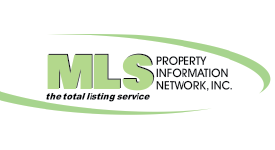
All over the country, farms can be found housing a total of millions of horses. If you’re interested in owning a horse farm, knowing some of the basics can help you decide if moving forward with a land purchase to house horses is the right step for you.
Is owning a horse farm profitable?
Investors usually see a steady flow of income when they invest in horse properties, as equestrian farms usually have consistent interest surrounding them.
Between renting stalls out to horse owners, offering classes, or charging visitors to view the animals for the day - there are many ways for a horse farm to be profitable.
What type of land is best for horses?
As horses are large animals, they need plenty of space to thrive. It’s best if the land has plenty of grass for them to graze on. It’s vital for the property and land to have good water drainage, so the land doesn’t become too muddy.
How many horses can you put on 5 acres?
It’s recommended to have at least two acres of land per horse. Five acres of land may be ideal for 2 horses; however, if you’re planning to grow your equestrian farm, you may want to consider purchasing a larger amount of land. By consulting your county rules, you can see land requirements and establish if there’s a limit on how many horses you may have.
Owning an equestrian property is a large commitment, however by doing your research and collaborating with a real estate agent, you can start the journey to owning a horse farm.
About the Author

Bill Aibel
Bill joined the Cambridge office of Coldwell Banker in 2009. Since then he has had impressive results in residential and commercial real estate listings and sales. His work has earned him one of the company’s highest distinctions. As a Coldwell Banker Premier Agent, he has placed in the top 50 agents in the New England Region several years running.
